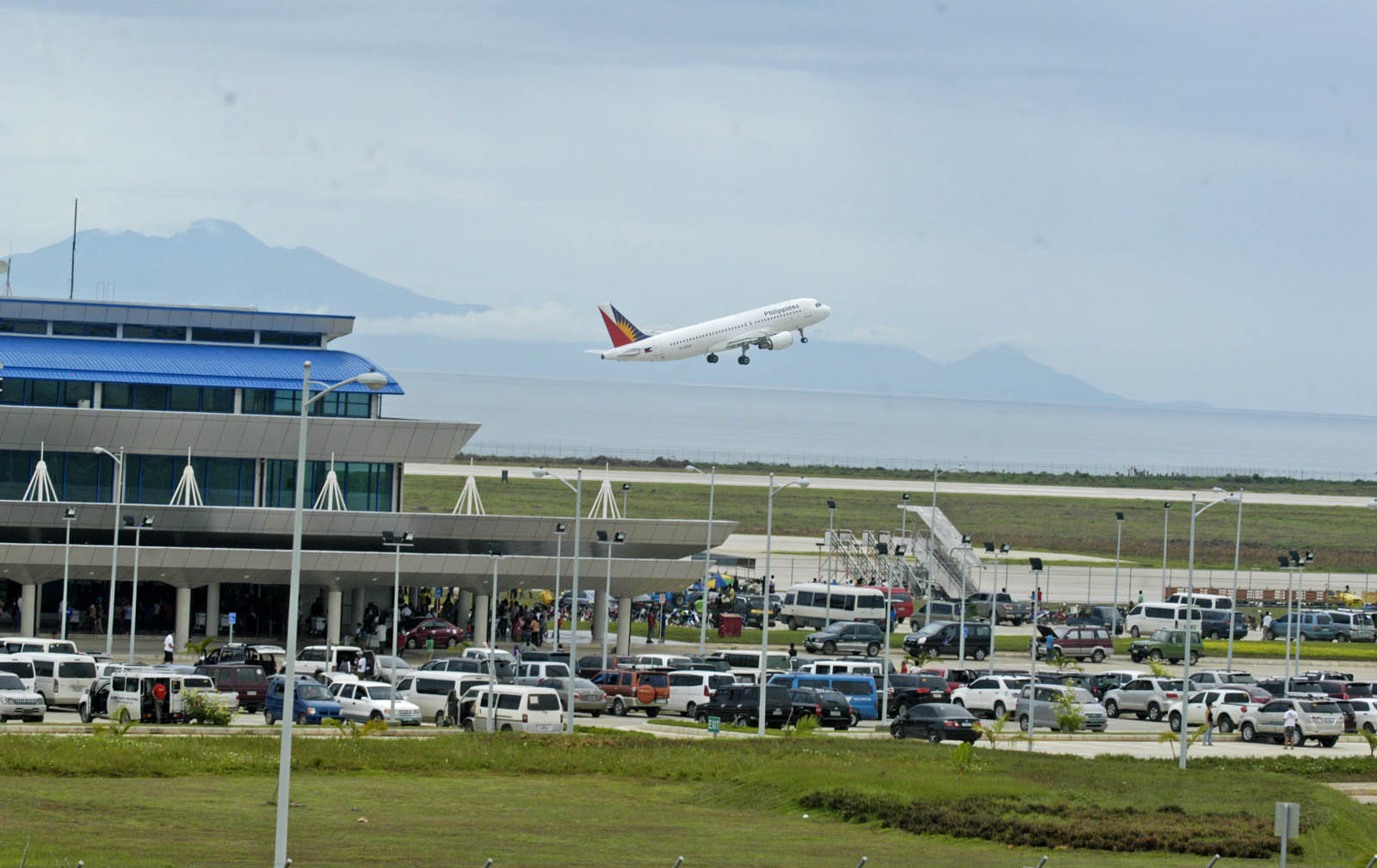Monsanto Fund, in partnership with NGO Gawad Kalinga, Department of Agricuture, local government units and other non-government units have joined forces to address the pertinent issue of starvation in Southern Mindanao.
Dubbed as Bayan-Anihan (or community harvest), the project aims to support one family at a time by setting up sustainable food programs in every impoverished community in the Davao Region through the setup of 10 farms. The farms are located near villages built by Gawad Kalinga.
The Bayan-Anihan sites have benefited over 413 families in the region. Today, over 30 families in Catigan, Davao del Sur will benefit from this model via turnover of health insurance and food sufficiency programs.
The recent Social Weather Station Survey, released in fourth quarter of 2013, indicated 18.1% or an estimated 3.90 million families are experiencing involuntary hunger. Filipinos have been suffering from the lack of anything to eat.
Twenty-five year-old Maria Leonora Pitogo was pregnant with her second child when she and her husband Arman, 29, started working on their farm plot, as part of the Monsanto-GK project, beside their house. Arman works as a farmer and has no fixed income. Before the project, the couple did not know how they were going to come up with enough money to accommodate the medical expenses when Leonora gives birth on top of the daily needs of their small family.
“Hindi na kami ma-mimili ng gulay dahil mayroon na kaming makukuhang gulay mula sa aming hardin. Nakakapagbigay pa kami sa kapitbahay.” (Because we can just get vegetables from our garden, we don’t need to go and buy them. Plus, we are able to share with our neighbors.), the couple explained.
When Leonora gave birth to baby Arialla at the CJ Maternity and Laying Inn Clinic in Toril, Davao City last January 10, 2015, her healthcare insurance paid for everything, allowing mother and baby to go home without paying for anything. Because Leonora breastfeeds she needs to eat healthy in order to produce optimum milk for her baby. The vegetables from the farm plot helps a lot in ensuring baby Arialla’s and first-born Aryan’s (5 years old) needs as a milk-dependent infant and growing child, respectively.
The Pitogos are just one of the many families in the different GK sites in the Davao region who have benefited from Monsanto’s partnership with GK. These families utilize their harvested vegetables not just for home consumption but also for earning additional income through selling the excess yield.
“Monsanto has been supporting poverty-alleviation mechanisms, specifically projects which address the critical issue of hunger. We have been working closely with Gawad Kalinga in helping more communities to achieve sustainable and sufficient sustenance,” said Christopher Samuel, Corporate Engagement Regional Director of Monsanto Company.
Samuel said, “Poverty has been one of the most pressing social problems which must be addressed promptly. It is closely linked to hunger which also leads to malnutrition and several diseases. In the country, a great number of Filipinos have been suffering from hunger which in turn affects their quality of life. We, in Monsanto, have been working to improve the quality of lives in more communities through the establishment of self-sustaining mechanisms. We are humbled to be partners with Gawad Kalinga in addressing the problem of hunger.”
Thanks to the project Bayan-nihan of Gawad Kalinga and Monsanto Fund, more and more families are being spared from starvation.
Monsanto, together with its philanthropic arm – the Monsanto Fund, have been partnering with various sectors in the country for over 45 years now, continuously aiming to improve more lives in rural communities. pr
Disclaimer
Mindanao Gold Star Daily holds the copyrights of all articles and photos in perpetuity. Any unauthorized reproduction in any platform, electronic and hardcopy, shall be liable for copyright infringement under the Intellectual Property Rights Law of the Philippines.





